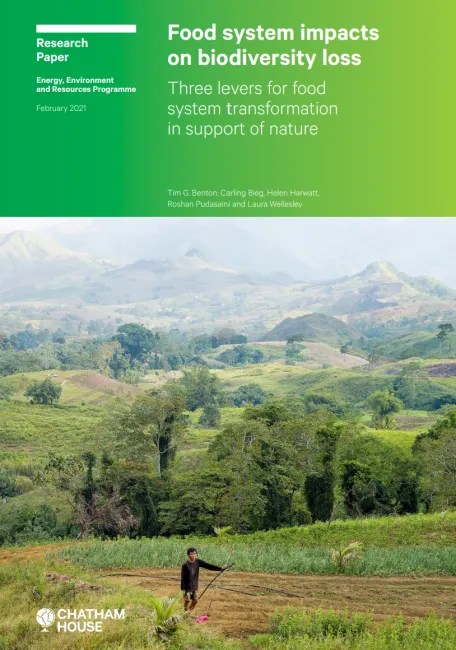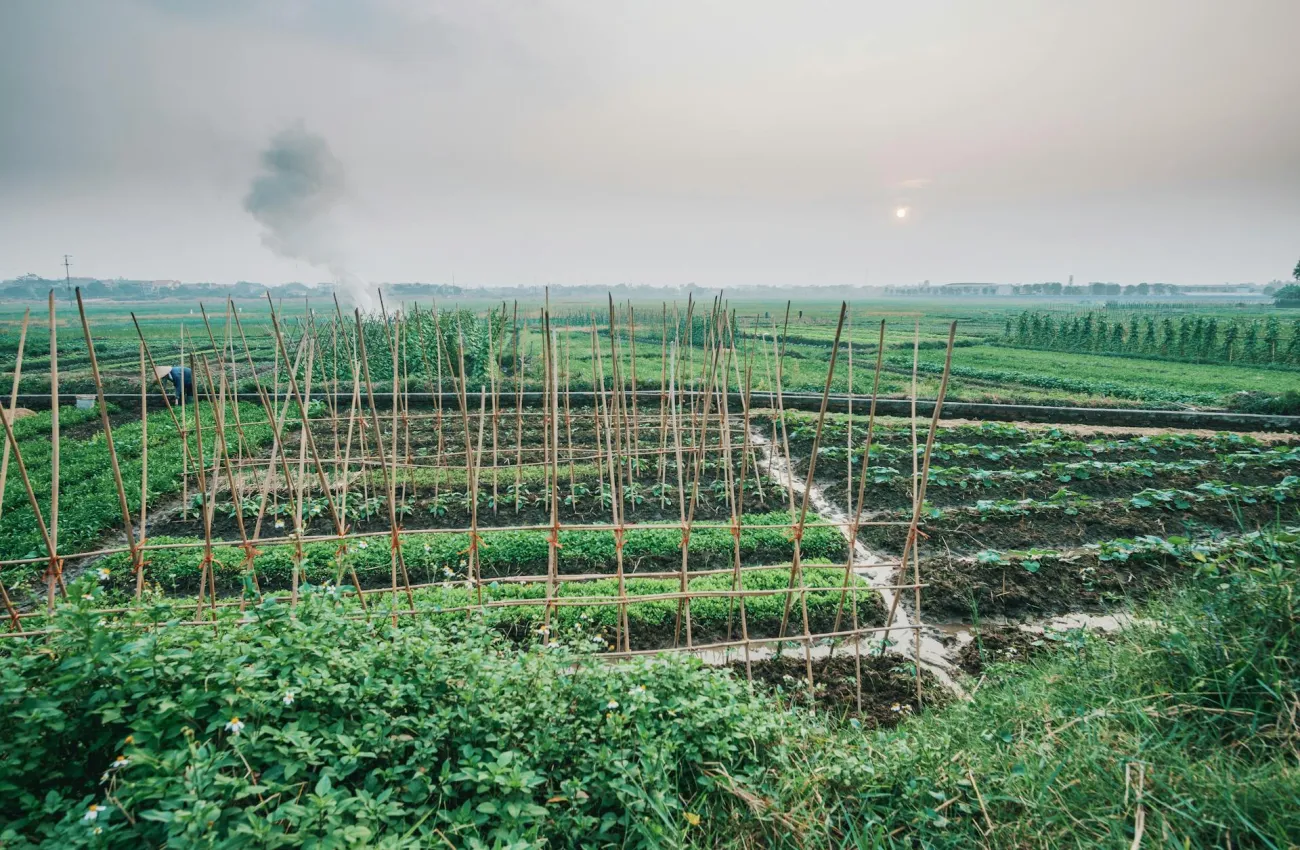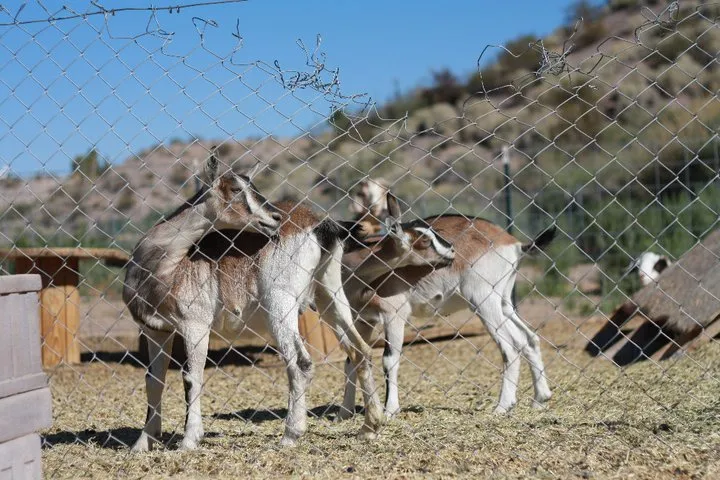This report from UK think tank Chatham House uses a literature review to identify three key levers that, it argues, are all essential for transforming food systems: encouraging plant-based diets, setting aside land for nature, and shifting to more sustainable farming.

The report finds that today’s food system aims to produce ever more food at ever lower (monetary) cost, and that intensive agriculture is degrading soils and ecosystems.
Shifting to largely plant-diets and reducing food waste would reduce total demand for food and minimise pressure on land and other natural resources, says the report. It would also reduce the risk of pandemics by reducing animal farming, and reduce the risk of diet-related diseases in people.
The report argues that some land should be set aside exclusively for nature protection, preferably in large areas to give enough space for large animals to maintain a viable population.
The report also calls for farming in a way that supports biodiversity. This could include:
- Setting aside small patches of land within farms to provide habitats for wildlife.
- Precision agriculture to reduce the volume of inputs
- Replacing synthetic fertilisers and pesticides with ecological alternatives such as crop rotations for soil fertility, no-till farming, and natural pest control.
Read the full report, Food System Impacts on Biodiversity Loss, here. See also the Table explainer What can be done to shift eating patterns in healthier, more sustainable directions?




Comments (0)